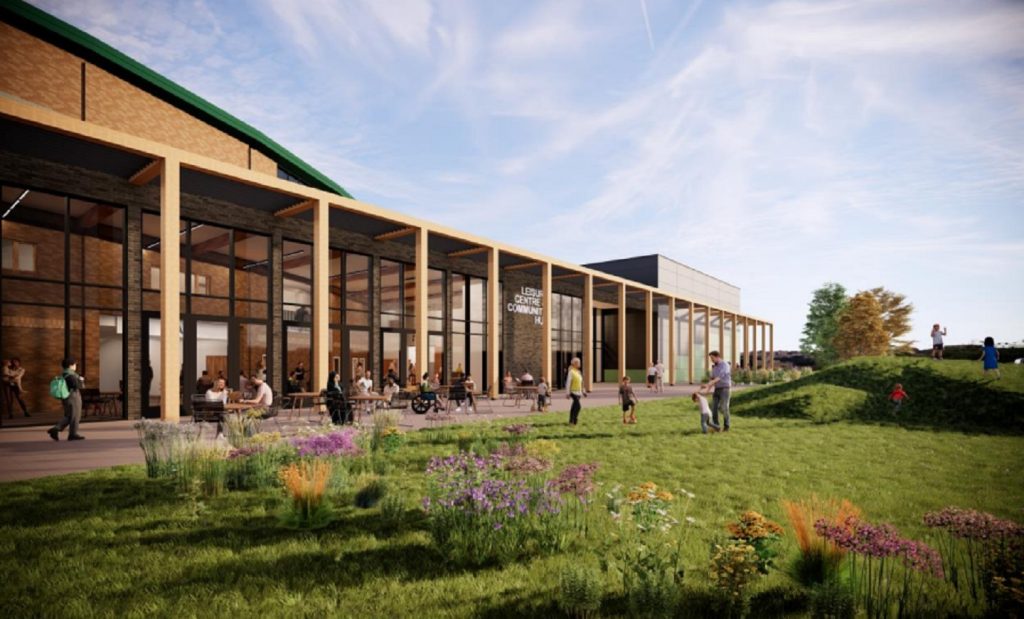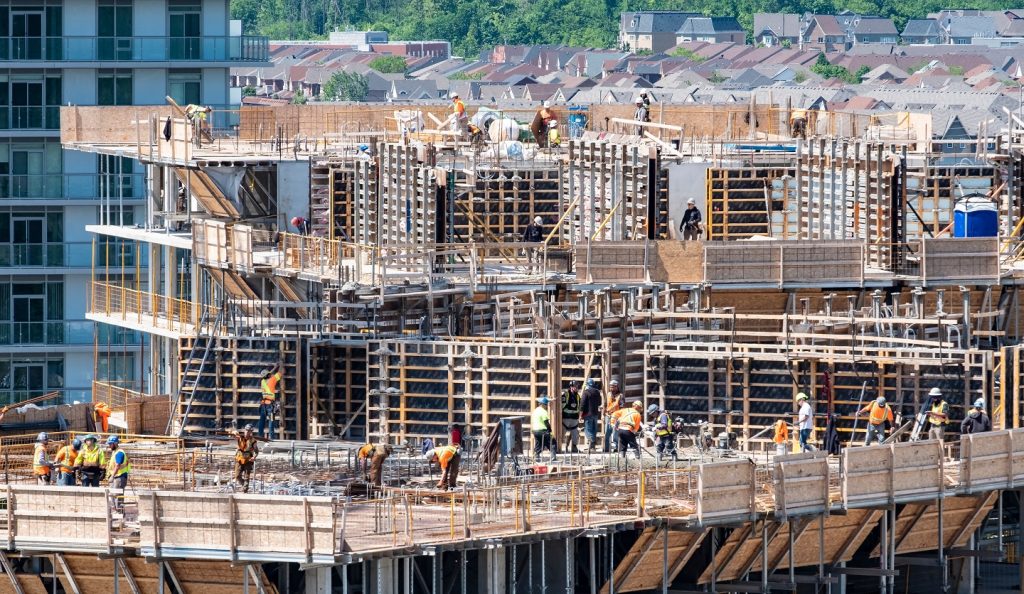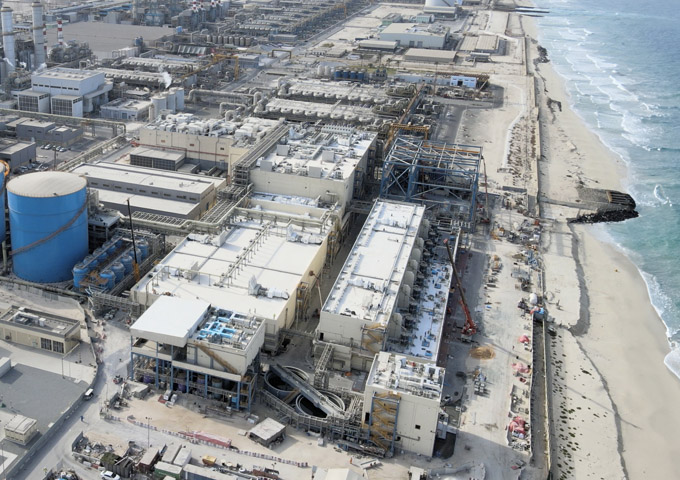Oxford City Council's planning committee has given its approval to construct several affordable houses, retail spaces, and community facilities in Blackbird Leys, Oxford, UK.
Housing association Peabody, previously known as Catalyst, has partnered with the council to build a proposed 294 residences in two sites.
A new district centre will feature 210 houses, with 83% (174 homes) to be listed at social or affordable prices and 17% (36 homes) to be put up for shared ownership.
In Knights Road, an additional 84 residences for shared ownership will be developed. The neighbourhood will have new open spaces, stores, a community facility, and upgraded roads with a separate cycle lane.
To make the neighbourhood more sustainable, plans have been made for an added nature trail, a central green area, and a communal space with a residential roof terrace.
Work will be completed in stages, with the first new residences and stores of the project due to open later this year.
Oxford City Council and Peabody are now developing detailed plans with members of the community to develop the to-be community centre.
This property will be energy-efficient and serve a broad range of purposes for the community.
More residences will be built in the second phase of the project, which is scheduled to begin in 2025.
Peabody's managing director for Development Simon Barry said: “Every home at Blackbird Leys will be affordable, helping to tackle Oxford’s housing shortage, and we’re proud to be enhancing green spaces, delivering new active travel routes, and creating a modern civic heart for this community.
“We look forward to continuing our work with Oxford City Council and local residents to bring our vision and ambition for this regeneration to life.”















